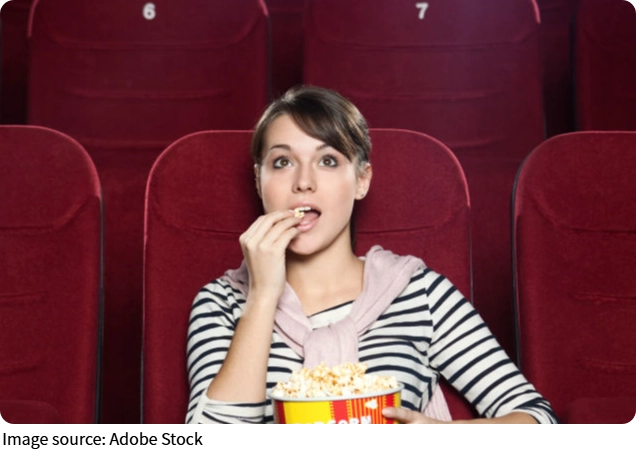Villains' Strong Pull

Heroes are the heart of many movies, but do you know it's actually villains who always capture the spotlight? In fact, villains play a crucial role in shaping the movie stories.
There's something about movie villains that fascinates us deeply. May be it's their unpredictability, complexity, or the way they challenge heroes. Today, let's explore why villains attract us so much and how they play a crucial role in moving stories forward.
The Complexity Behind the Mask
Unlike simple "bad guys," many memorable villains are written with depth and contradictions. They are not just evil for evil's purpose. Instead, they often have understandable motives, personal struggles, or tragic pasts. Take Loki from the Marvel universe—originally a villain, but with layers of vulnerability and charm that make us sympathize with him. This complexity makes villains feel more human and relatable, drawing us into their stories.
Psychologists suggest that we are attracted to villains because they reflect real human traits—flaws, desires, and fears—that heroes often hide. Seeing these traits on screen helps us explore our own darker sides safely, creating a strange kind of connection.
Villains as Story Engines
Villains are essential because they create conflict, which drives the plot. Without obstacles, heroes wouldn't grow or change. A strong villain challenges the hero's beliefs and skills, forcing them to evolve. For example, in The Dark Knight, the Joker's chaotic nature pushes Batman to his limits, revealing new sides of the hero's character. This dynamic tension keeps us engaged and invested in the story.
Moreover, villains often embody opposing ideas or values, highlighting the themes of the film. Their presence sharpens the story's moral questions and makes the hero's journey more meaningful.
Unpredictability and Suspense
Villains often keep us on edge because their actions can be surprising and dangerous. Their unpredictability adds suspense and excitement. We never know what they might do next, which makes watching the story thrilling. This unpredictability also makes villains memorable—think of characters like Hannibal Lecter or the Joker, whose unexpected moves keep audiences hooked.
Sympathy and Redemption
Some villains gain our sympathy by showing vulnerability or regret. Stories that explore a villain's background or inner conflict invite us to understand their choices. This can blur the line between good and evil, making the story richer. For example, antiheroes or "redeemable" villains like Walter White in Breaking Bad show us that people are not simply good or bad but complex.
This emotional connection makes villains more compelling and sometimes even beloved by fans.

The Cultural Shift in Villain Portrayal
Over time, society's views on morality and character complexity have changed. Modern audiences appreciate villains who are multi-dimensional rather than purely evil. This shift reflects a broader understanding of human nature and social issues. Filmmakers now often create villains with relatable motivations or social commentary, making stories more thought-provoking.
Let's Talk About Our Favorite Villains
We've seen how villains attract us through complexity, conflict, unpredictability, and even sympathy. Which movie villain has left the strongest impression on you? What makes them unforgettable? Share your thoughts and favorite characters with us!
Thanks for reading! Here's to the villains who keep our stories exciting and our minds curious.


